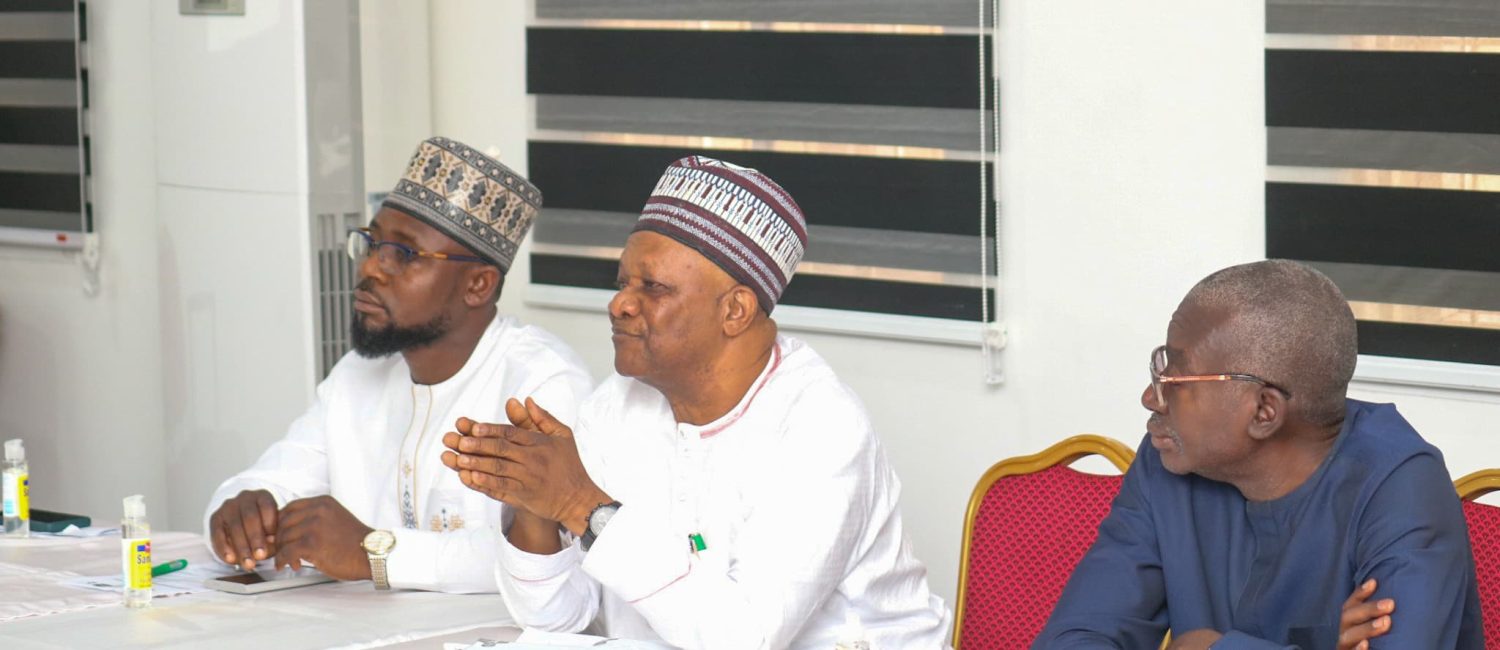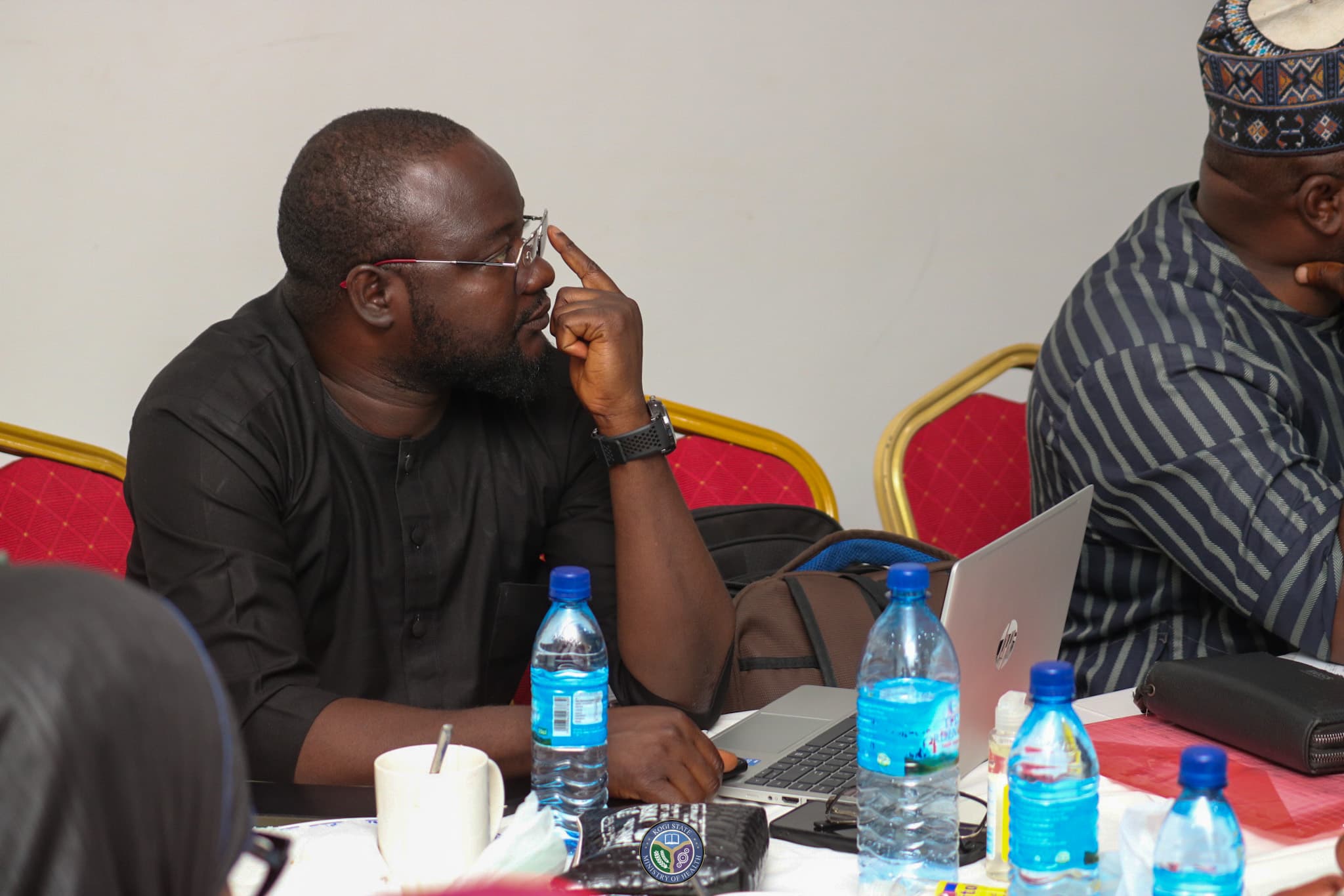
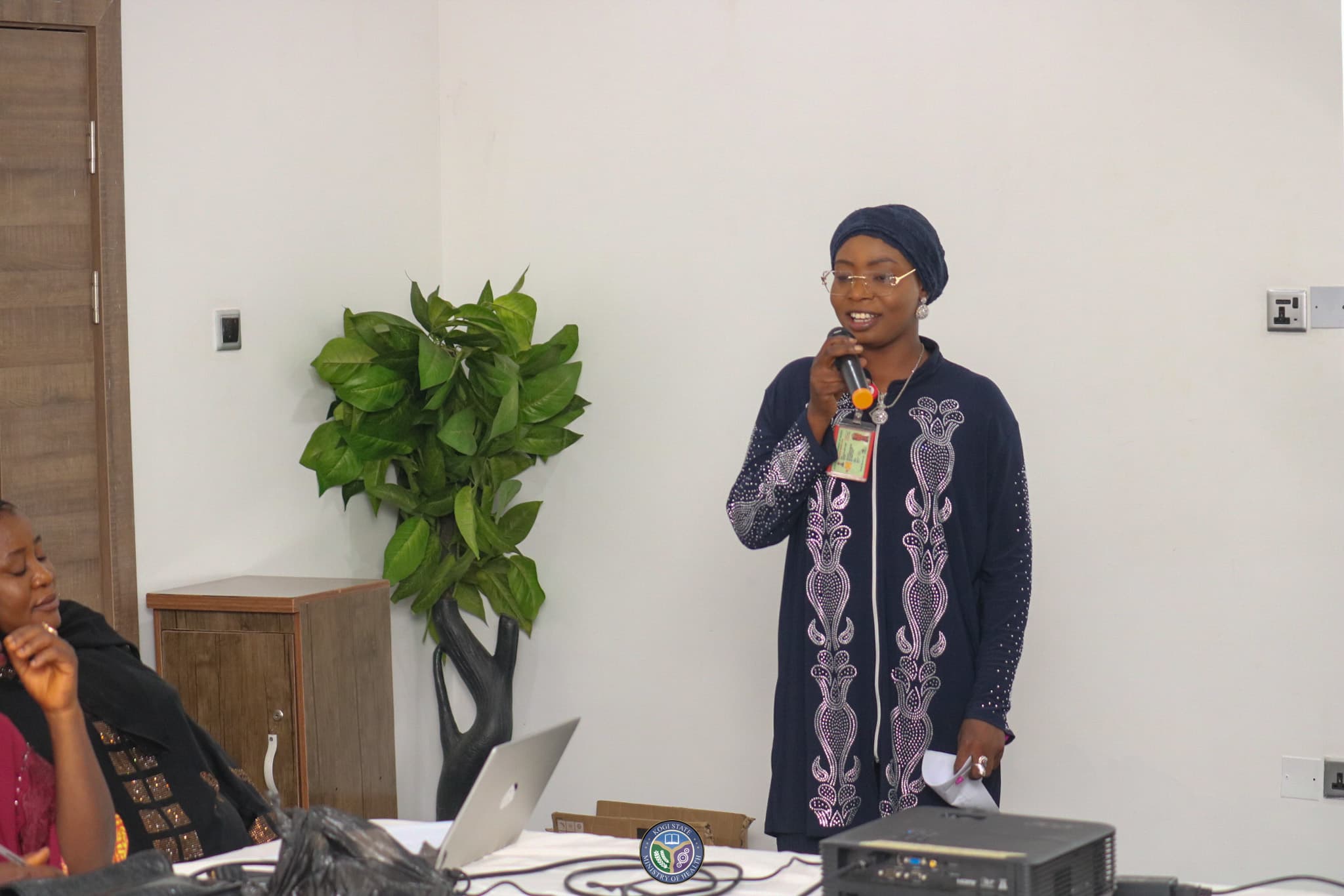
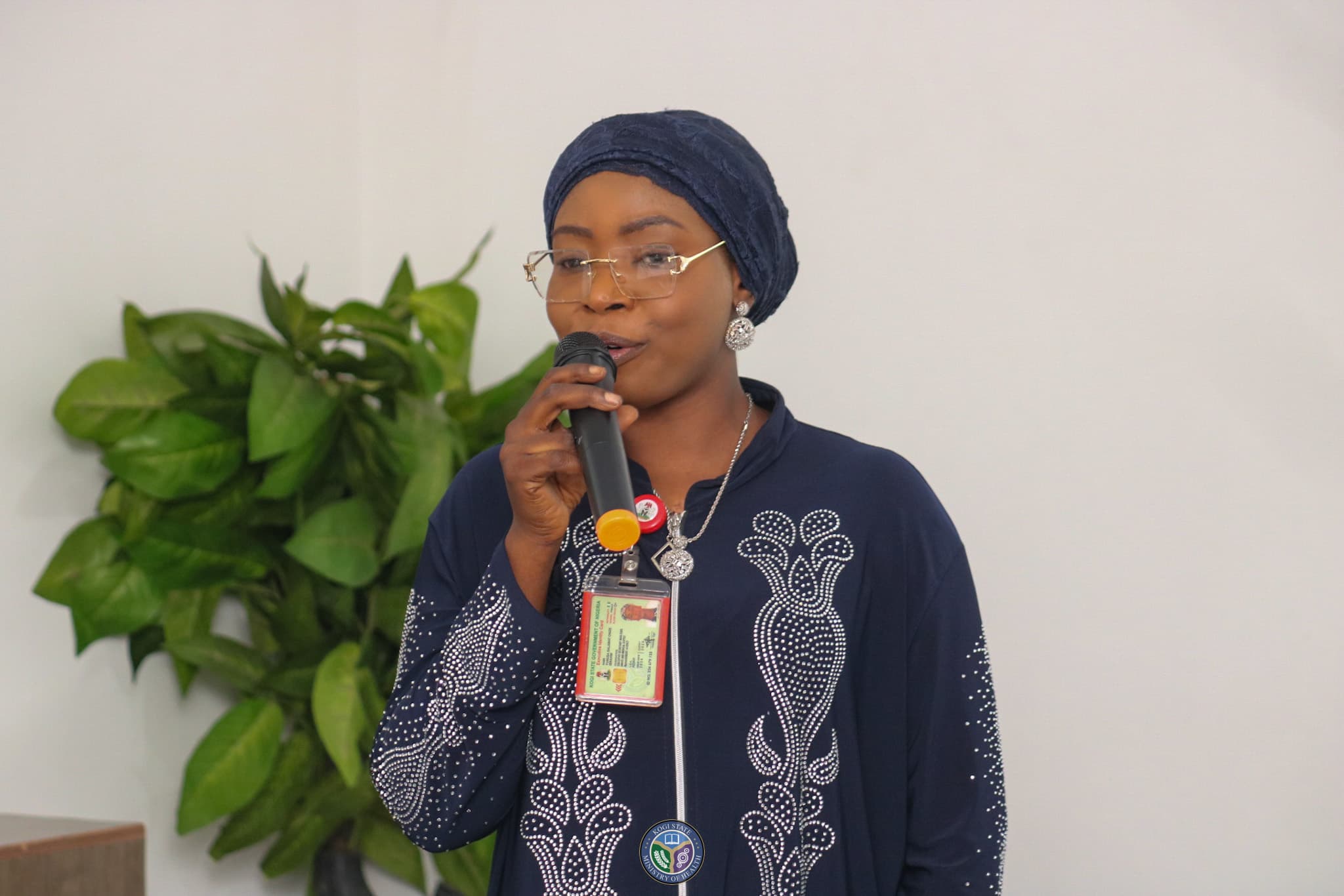
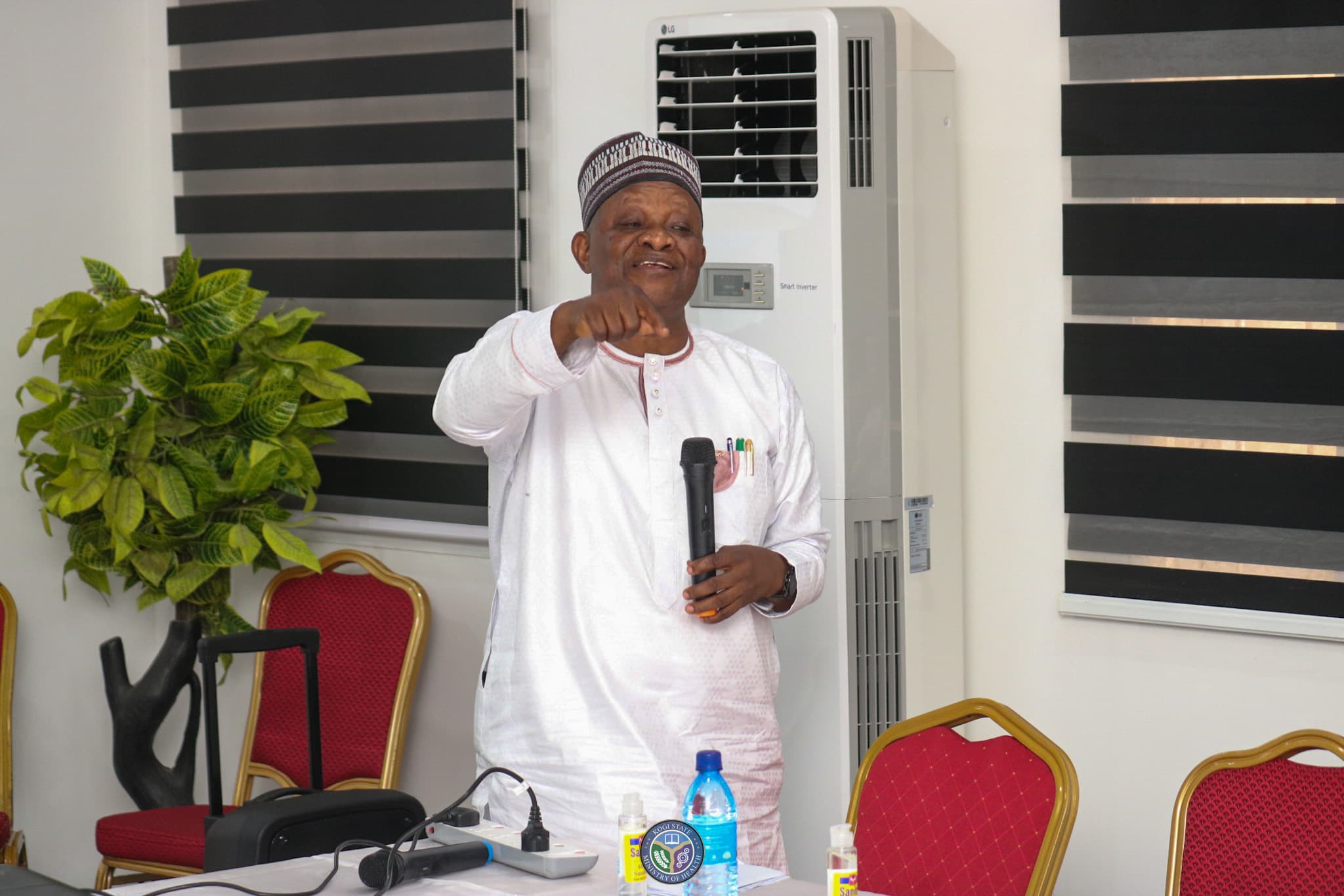
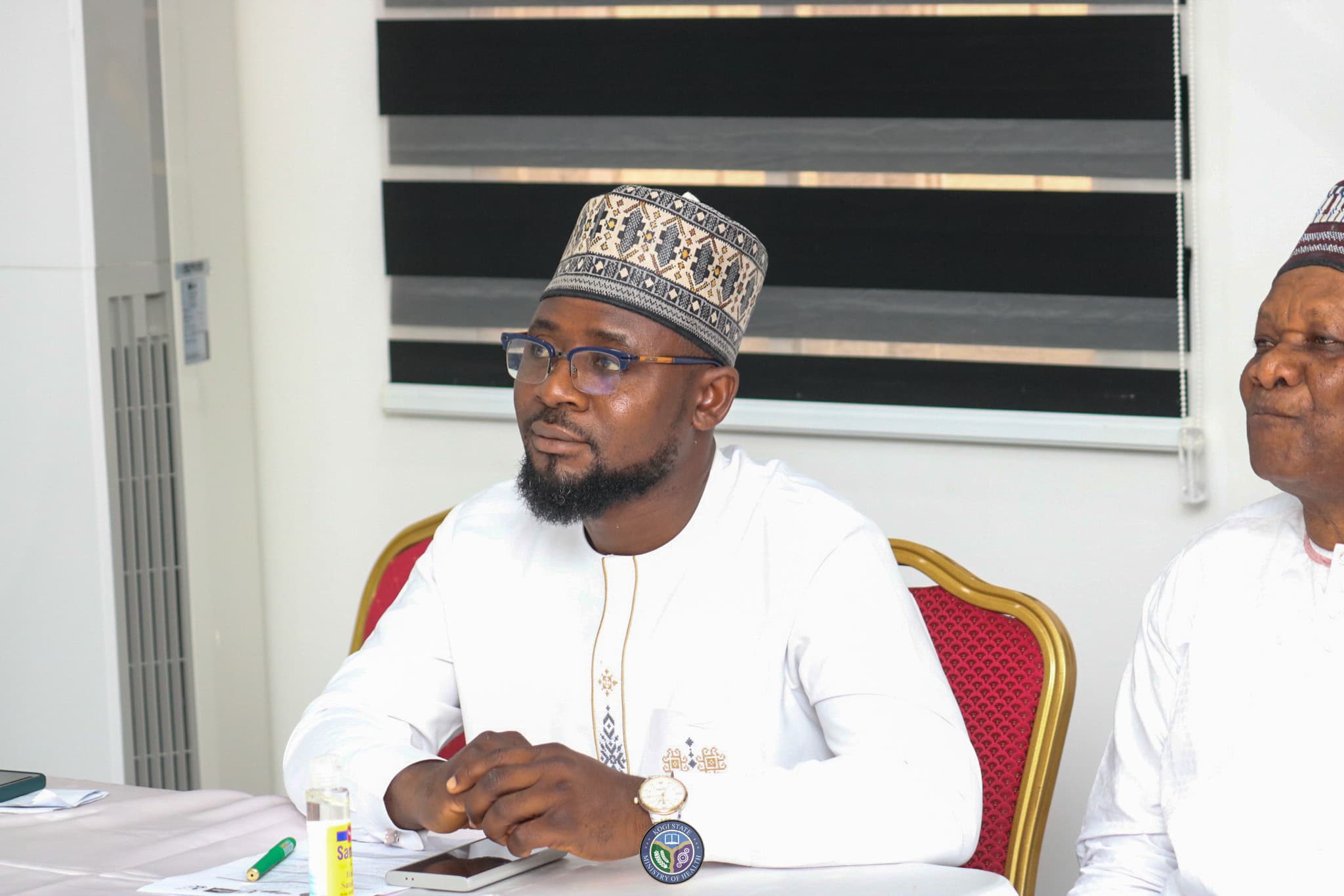
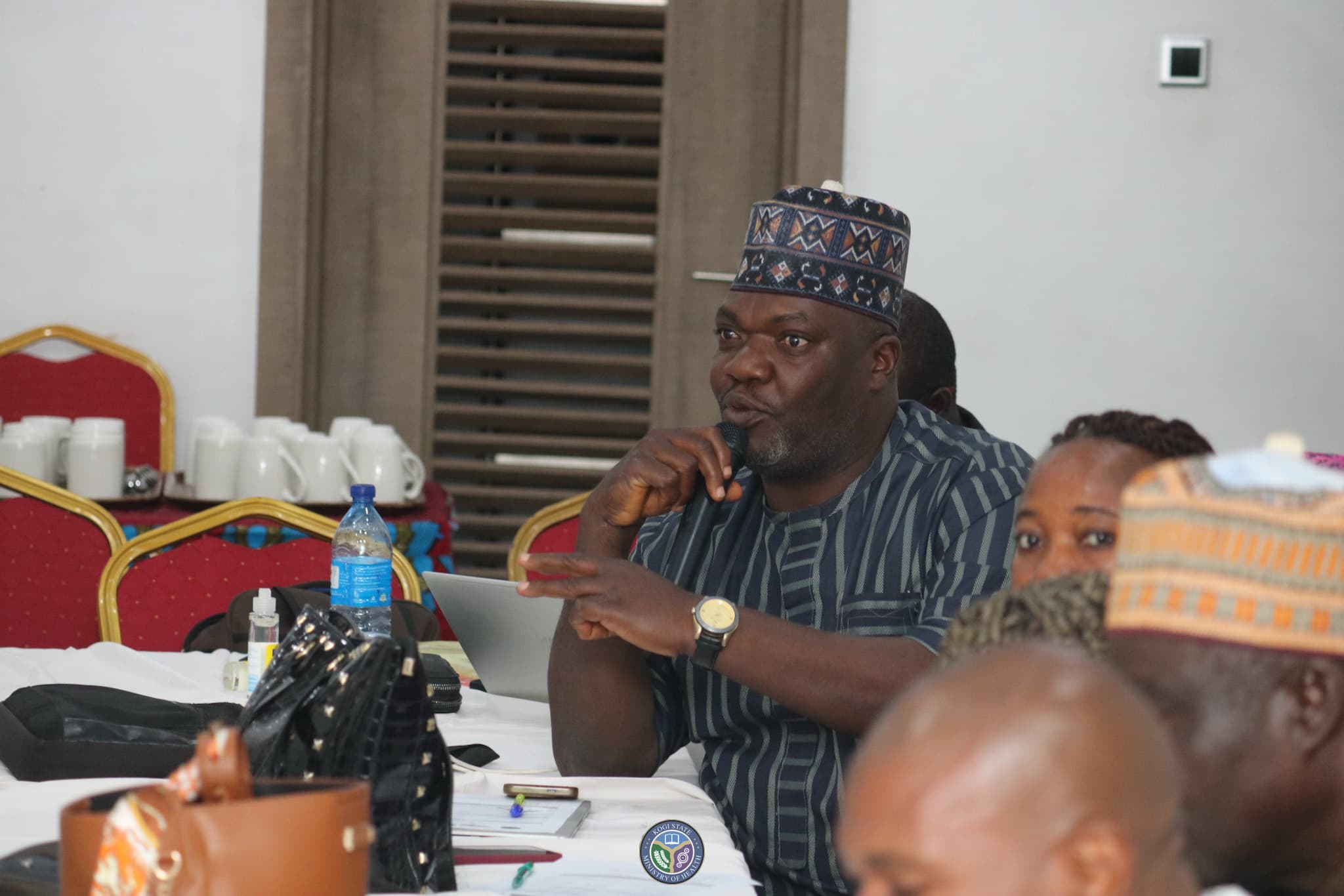
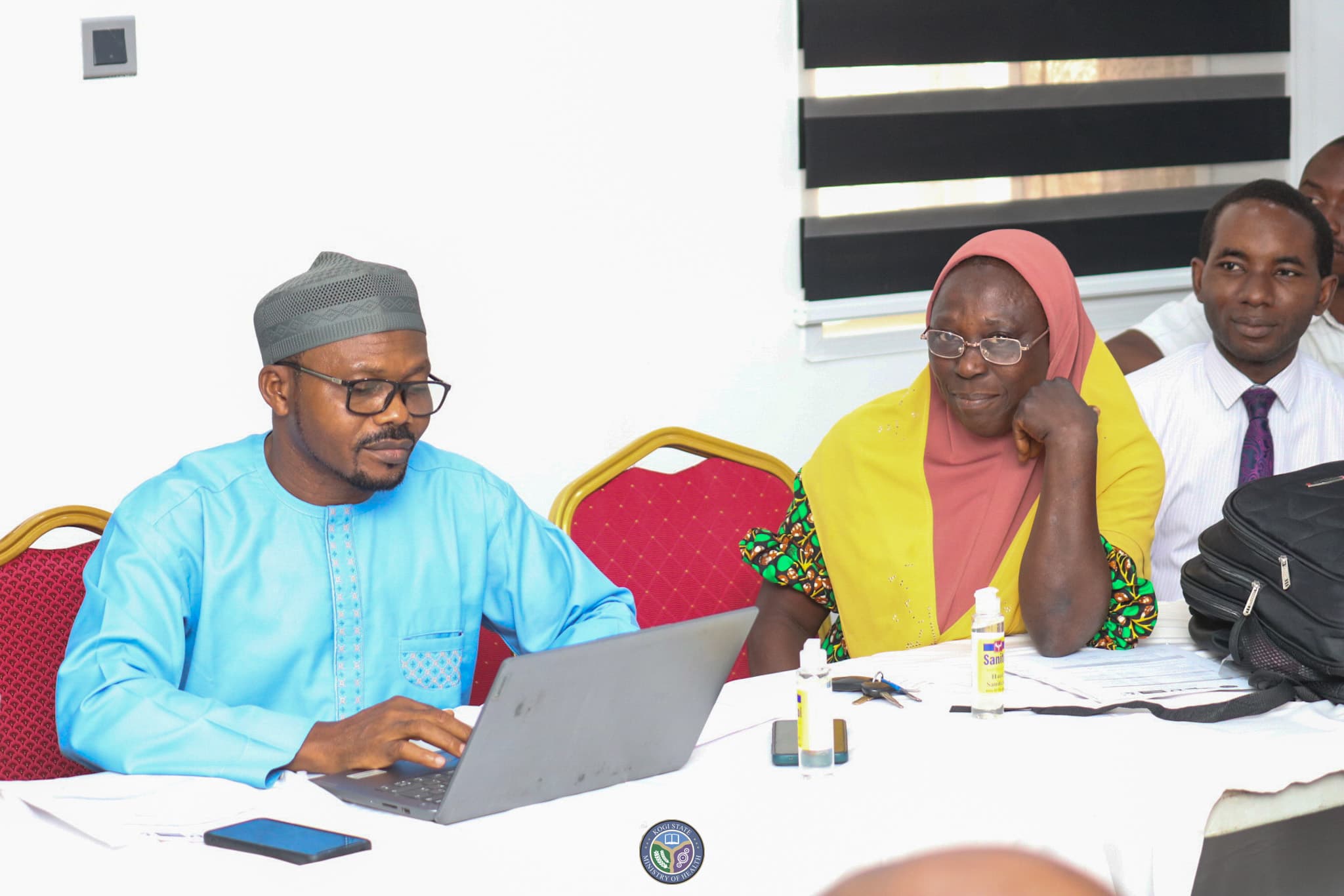
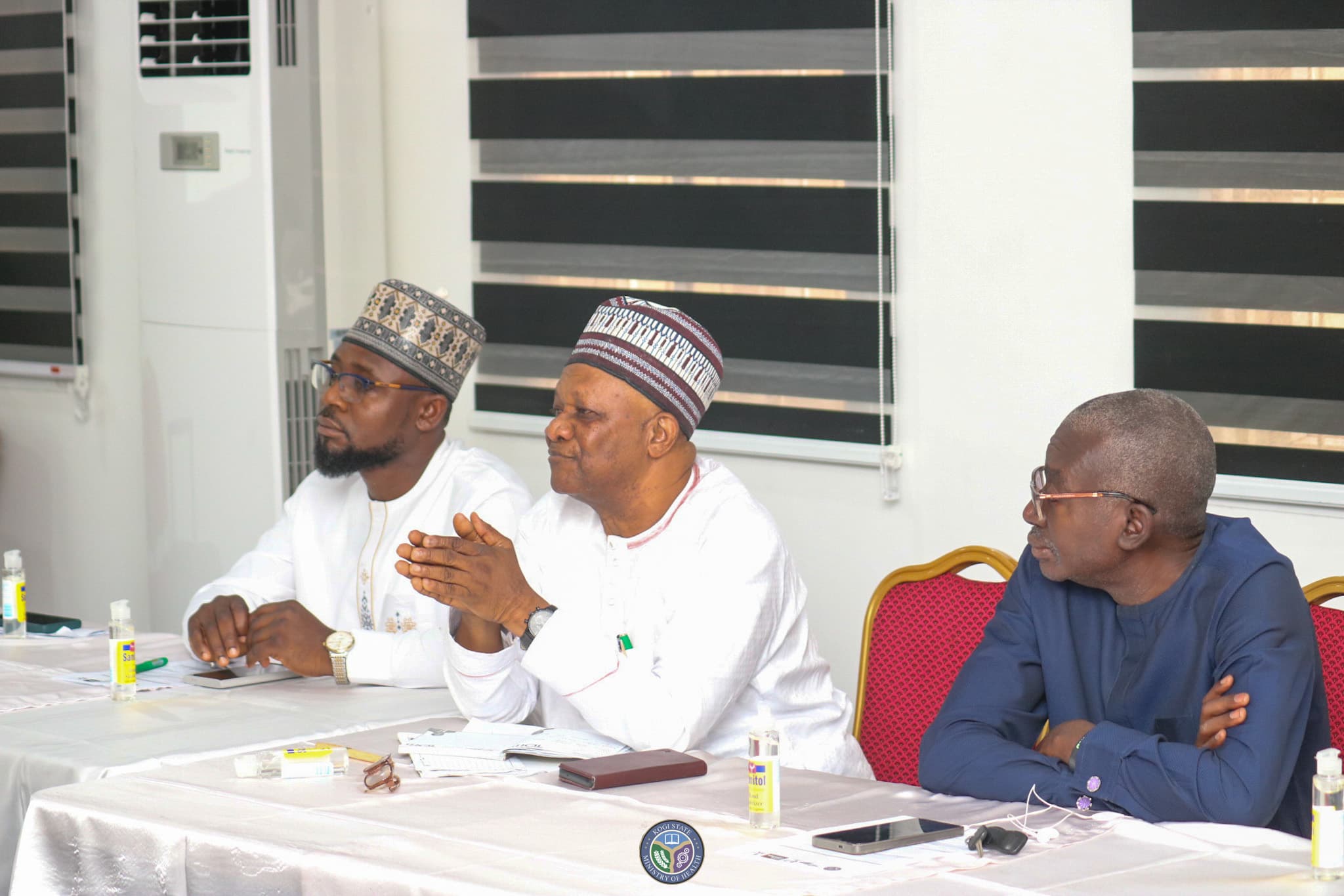
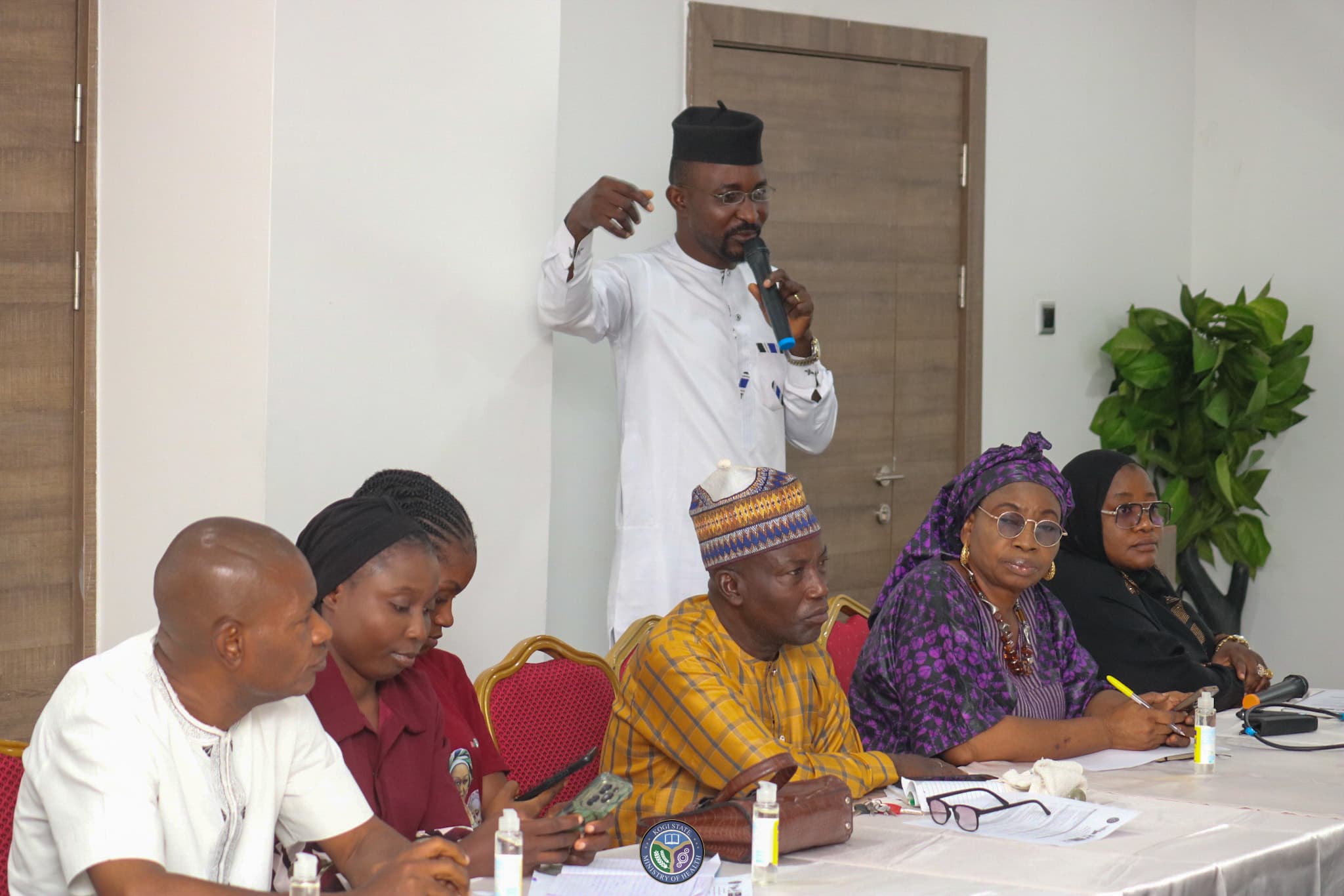
The Kogi State Government has taken a significant step towards reducing the burden of malaria in the state by launching the 2025 Seasonal Malaria Chemoprevention (SMC) program. This initiative aims to prevent malaria in children during the peak malaria transmission season.
During a stakeholder meeting held in Lokoja, the Permanent Secretary of the Ministry of Health, Mrs. Dorcas Omeneke Enehe, emphasized the importance of stakeholders’ commitment to sustaining their efforts and ensuring the secure implementation of all tasks. She highlighted the need to learn from past challenges and build upon previous successes.
The meeting brought together key stakeholders to focus on discussing strategies, guidelines, and best practices for the successful implementation of the SMC program. Mrs. Enehe reiterated the importance of stakeholders’ commitment to sustaining their efforts and ensuring the secure implementation of all tasks.
In her remarks, she emphasized the need to learn from past challenges and build upon previous successes. Mrs. Enehe stressed the importance of collaboration among stakeholders to avoid common challenges, such as the mismanagement of tasks in some Local Government Areas (LGAs). She encouraged participants to take ownership of the program and work towards its success.
Dr. Ake Stephen, the State Program Coordinator for Malaria, highlighted key challenges that hindered the success of the SMC program in 2024, including stockouts of Rapid Diagnostic Tests (RDTs) and Artemisinin-based Combination Therapies (ACTs), diversion of antimalarial drugs, and data availability and quality issues.
He explained that the state government has outlined key interventions to ensure the success of the program, including:
– *Improved Access to Antimalarial Drugs*: Securing funding to support the last mile distribution of antimalarial drugs.
– *Enhanced Monitoring and Supervision*: Strengthening monitoring and supervision mechanisms to prevent diversion.
– *Data Quality Improvement*: Initiating measures to improve data collection and reporting.
– *Partnership and Collaboration*: Emphasizing the importance of partnership and collaboration among stakeholders, including health workers, community leaders, and development partners.
The State Government remains committed to reducing the burden of malaria in the state. With the implementation of these measures, it is confident that the SMC program will achieve its goals and contribute to the overall reduction of malaria cases and deaths in the state.
Dr. Olayemi Ayo, the Chief Medical Director of the Hospital Management Board, advocated for enhanced support and data management in the Seasonal Malaria Chemoprevention (SMC) program. He emphasizes the critical need for robust support and effective data management to ensure the program’s success, highlighting that accurate and reliable data collection is essential.
To achieve the program’s goals, Dr. Olayemi stresses the importance of Collaboration, Education, and Effective Data Management.
He also notes that effective stakeholder management, which involves identifying and analyzing stakeholders’ needs and expectations, is critical to the program’s success.
Dr. Olayemi ‘s call for improved support and data management is a significant step towards tackling malaria and ensuring the success of the SMC program. His emphasis on collaboration, education, and effective data management underscores the importance of a comprehensive approach to addressing malaria.
Pharm. Salamatu Yunusa, the Executive Secretary kogi State Drugs and Medical Supplies Management Agency(KSDMSMA),has praised the efforts of the malaria program in Kogi State, while also highlighting areas that require improvement. The program has successfully distributed anti-malaria drugs to health facilities, with Pharm. Yunusa’s agency receiving 15,000 doses of anti-malaria medication for distribution to primary, secondary, and tertiary health institutions.
Pharm. Yunusa called for the establishment of a task force within the Ministry of Health to oversee drug distribution and ensure accountability. She also suggested that penalties be imposed on individuals found to be diverting or mismanaging drugs.
According to Mr. Okulu Andrew Williams, State Project Manager for Malaria Consortium in Kogi State, the stakeholder engagement, which began on February 5, 2025, aims to inform stakeholders about the program’s objectives, activities, and timelines.
He said that the SMC program involves the monthly administration of life-saving anti-malaria drugs to children aged 3-59 months during the peak malaria transmission season, which typically occurs from June to October.
Adding that, Malaria Consortium had engaged with critical stakeholders from the state yesterday ,while today’s engagement focuses on stakeholders from the 21 local government areas.
“We are giving them reports of our progress in 2024, sharing our scorecard, and seeking areas of improvement as we commence preparation for 2025,” Mr. Williams explained.
Pharm Andrew went further to explained that Malaria Consortium’s stakeholder engagement is a crucial step towards ensuring the success of the SMC program in Kogi State, and ultimately, reducing the burden of malaria in the state.
Dorothy Onoja
PRO
Ministry of Health

